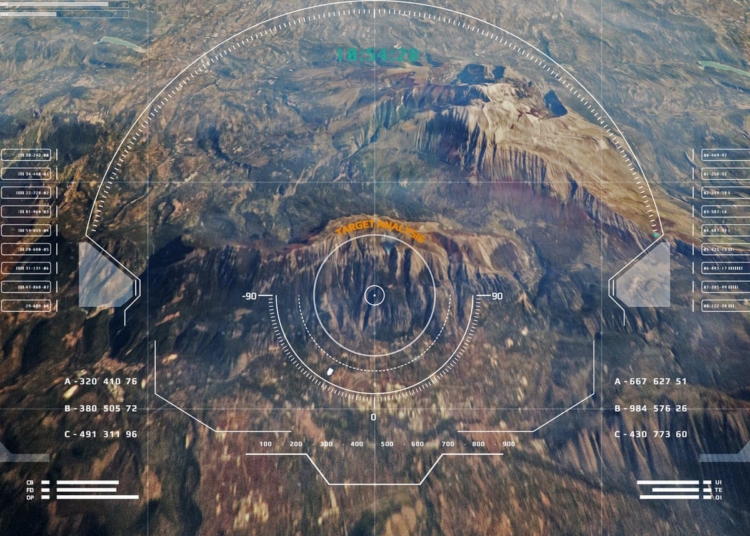This content discusses the ethics of autonomous weapons in modern warfare. It explains that autonomous weapons, also known as killer robots, can select and engage targets without human intervention, which raises ethical concerns. The article explores these concerns, including the lack of human decision-making in the use of lethal force and the risk of targeting innocent civilians. It also examines the implications of autonomous weapons on warfare, such as increased efficiency and the potential psychological impact on soldiers. The content emphasizes the need for regulations to define the boundaries of autonomy and ensure human control and accountability. It concludes by highlighting the importance of finding a balance between technological advancements and ethical considerations in the use of autonomous weapons.
Ethics of Autonomous Weapons: Implications for Modern Warfare
Introduction
Autonomous weapons, also known as lethal autonomous robots or killer robots, are an emerging technology that can select and engage targets without human intervention. These weapons have sparked a significant ethical debate regarding their use in modern warfare. This article aims to explore the ethical implications of autonomous weapons in the context of warfare.
Ethical Concerns
1. Lack of Human Decision-Making: One of the primary concerns associated with autonomous weapons is the absence of human decision-making in the use of lethal force. By delegating the decision to kill to machines, we raise questions about the moral responsibility for the actions taken. Who should be accountable when mistakes occur or when civilian casualties happen?
2. Proportionality and Discrimination: Autonomous weapons may struggle to distinguish between combatants and innocent civilians, which raises concerns about proportionality and discrimination in warfare. The risk of targeting non-combatants by mistake or intentionally for malicious purposes is a significant ethical concern.
Implications for Warfare
1. Increased Efficiency: Autonomous weapons have the potential to increase the efficiency of warfare by making decisions and executing actions faster than humans. However, this efficiency may come at the cost of losing human judgment, compassion, and contextual understanding in complex conflict situations.
2. Psychological Impact on Soldiers: The use of autonomous weapons can distance soldiers and decision-makers from the immediate effects of warfare. This detachment may reduce the psychological consequences for those deploying the weapons, potentially leading to the devaluation of human life and the erosion of empathy.
The Need for Regulations
Recognizing the potential dangers and ethical concerns associated with autonomous weapons, there is a growing call for regulations. Many experts argue that international laws should be established to define the boundaries of autonomy in weapon systems, ensuring that human control and accountability are maintained.
Regulations should address issues such as the permissible level of autonomy, the legality of delegating life and death decisions to machines, and the responsibility for errors and civilian casualties. It is crucial to strike a balance between technological advancements and ethical considerations to prevent the misuse of autonomous weapons.
Conclusion
The ethical implications of autonomous weapons in modern warfare are complex and multifaceted. While the increased efficiency and potential reduction in soldier casualties may be appealing, the lack of human decision-making and the potential for disproportionate and indiscriminate violence raise significant concerns.
It is vital for governments, international organizations, and experts to engage in a comprehensive dialogue to define ethical boundaries for autonomous weapons. Striking the right balance between technological advancements and ethical considerations is essential to ensure responsible and morally acceptable use of autonomous weapons in modern warfare.













